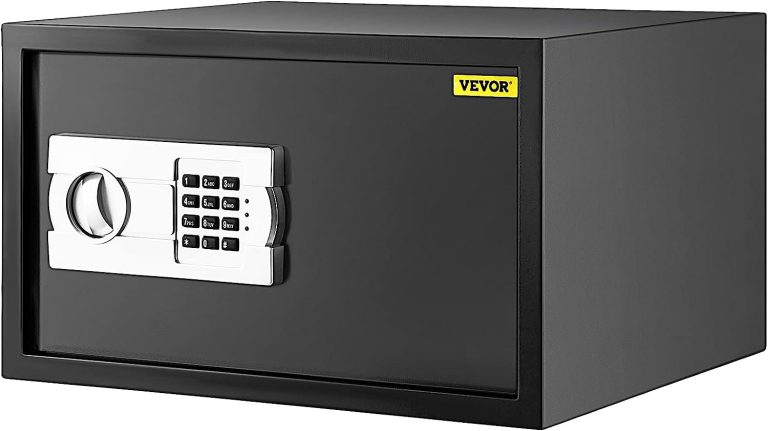Building daily wellness habits can be simple when you...
Shopping
Nurture your garden to perfection with Maxbauer Ace Hardware’s...
By examining various types of safe boxes available in...
Diamonds are sized in carats, and their hues range...
Christmas is the most spectacular time of year, and...
As one of the most popular anime franchises in...
The cake gives the satisfaction of finishing your party...
Do you love the feel of silk against your...
Nothing is more comforting than snuggling up at the...
Who doesn’t like flowers! From kids to aged people,...















